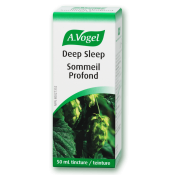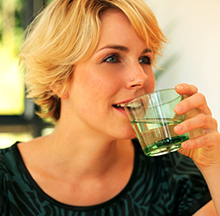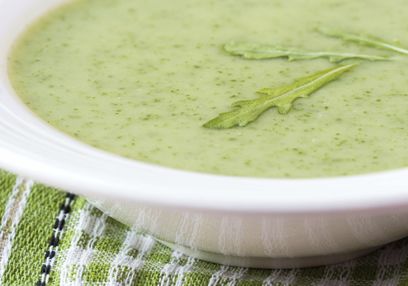It’s during sleep that your body recovers, your immune system fights off infection, and cognitive functions are consolidated, namely memory.
However, there are many factors that affect our sleep. Here’s a little bit more on the topic.
Over a typical lifespan, the amount of time we spend each day sleeping declines, why?
A growing infant requires a large amount of sleep. There brain and bodies are developing and all the energy and resources need to go towards growth and development. As we age, the number of hours also tend to decrease, but the drop is not that large, actually, it is fairly proportional.
Studies have shown that people who live the longest average 7 hours of sleep a night. Even an elderly adult should be getting between 7 and 8 hours of sleep each night! While sleep is regulated by the light-dark cycles of the day, common life stressors can have a detrimental effect on the length and quality of our sleep.
How does aging affect sleep?
All persons undergo various phases of sleep each night. They’re split into REM (rapid eye movement or paradoxical sleep) and non-REM. Non-REM sleep is further divided into four stages NREM-1 through NREM-4 (followed by REM). It is during the REM phase that you dream and when you’re also more prone to wake up.
Younger people tend to have a pattern that differs slightly from that of elderly adults, which are more prone to waking up soon after hitting REM sleep (instead of restoring the NREM and REM cycles). Elderly people are also more likely to get up and go about with a task, or to remain in bed longer. To feel rested, it is a estimated that the average person hits at least four cycles of REM sleep per night (each cycle is variable in length; between 45 mins and 1.5hrs). There are phone aps that will record this for you!
How many hours of sleep we should get?
This is a debated topic. There aren’t actually any official guidelines that state how much sleep we should get. Often we hear you should get eight hours of sleep. Some studies suggest that getting less than 6 hours of sleep affect our health and is linked to weight gain over time. It is also known that children and teenagers require more sleep (11 and 9 hours, respectively), and that as we age we require less sleep.
What can be done to improve sleep quality?
This may sound counterintuitive, but if you want a good night sleep, then get moving! Get out there and exercise. Exercise will not only use up some energy and can make you tired, but it will help you relax and will allow you to “de-stress”.
Further, sleep hygiene is very important. Set a routine for yourself. Go to bed at the same time every night. Do not have any lights on during sleep (including LED lights from a TV or alarm). Finally, make your bedroom a sanctuary for sleep—that is, do not study, read, eat, or watch TV in your bedroom.
Before bedtime, put all your electronics away and try to clear your mind; focus only on the positive aspects of your day and on the things you have accomplished—everything else can wait until tomorrow. Finally, do not drink stimulants before bedtime (e.g. coffee or non-herbal teas), or even 6 hours before that!
What can be done to help
Medically, hypnotics (sleeping aids) are often prescribed, but the issue is that they’re not intended for prolonged use (i.e. not for longer than a week or two). Melatonin is another commonly recommended over the counted product, but it doesn’t necessarily improve the quality of the sleep; it just helps you fall asleep (it is not intended for sleeping problems where you cannot maintain sleep throughout the night).
If stress is a factor, or if exercise doesn’t cut it, there are other products that can help, such as magnesium bisglycinate, passion flower, a combination of valerian and hops, catnip, etc. If you have any questions about natural health products, speak with a licensed naturopathic doctor.







